
This article is a review on ‘Long Walk To Freedom’ volume 1 written by Nelson Mandela which was an autobiography of his life from 1918 to 1962. The book was published by Abacus in 1994.
The book started with a lot of African names of places and people that will puzzle you. Mandela describe his early life living in a village called Mvezo in Transkei. He was born to Xhosa tribe which is a part of Thembu people. His father was a councilor for King Dalindyebo. After the passing of the King, his father suggested Jongintaba as a successor, which then accepted by the local leadership and British ruler.
His Father however were then sacked after refusing to obey order from British magistrate, he lost his fortune and power. Mandela then lived with his mother in Qunu village. The name ‘Nelson’ was his English name given to him by his teacher when he was 7 years old. His birth name was Rolihlahla. His father died when he was 9. He was then lived with Jongintaba which act as Regent for Thembu people, he was considered as the Regent’s own son and lived in the royal residence in Mqhekezweni.
Mandela witness how the regent organized meeting with his tribal leader. The meeting thought Mandela that democracy means that every voiced. He witnessed how the regent will allow everybody to speak and organized succession meeting if consensus cannot be achieved. Mandela then further his studies at Clarkebury college, his worldview back then was still attached to Thembuland, he was aspired to be local councilor and nothing beyond that. He then went to Fort Hare to pursue his BA.
Fort Hare was the first place where his principle was tested. During the final year, Mandela was elected as a Student Representative Council (SRC) but he join other representatives in a boycott to press for more right. He was then summoned by the principal and given an ultimatum, to accept the SRC election result or to be expelled, he chosen the latter and get expelled. The regent then arrange a marriage for him, which he disagree and ran away to Johannesburg, where he started working and being politicized.
Mandela wrote “A man involve in the struggle was a man without a home life”. As his involvement with African National Congress (ANC) went deeper, he realized that much of his time with his family have to be sacrificed, later Mandela broke up with his wife, as she does not shared his political enthusiasm. One of the problem that have been discussed extensively in book is the cooperation of ANC with other group with different ideologies and racial background, particularly with the communist and Indian congress. He noted that although South African problem are special, it is not unique, it must be viewed on a larger context which is to join forces to eradicate human prejudice in the world.
In his book, he stressed out on how education is a vital component to lift society to a higher level. Education, Mandela wrote can turn “a child of a farmworkers to become the president of a great nation”. The ANC struggle to ensure that the then-Nationalist government provide similar education to African people as what have been received by the white. On the emergence of ANC rival group, the Pan Africanist Congress (PAC), Mandela wrote that one have to be mature and suppress his own personal feelings. He wrote “to be a freedom fighter one must suppress many of the personal feelings that make one feel like a separate individual rather than part of the mass movement”.
The first volume described how the leaders of the opposition were put on a Treason Trial for their non-violent protest. The state however lost the legal battle, and they were released. Mandela have been banned for attending any meeting and gathering several time, after the treason trial he went underground and help organized arm resistance against the state. But he was captured again in 1962 and put to trial, he deliberately refused to call any witnesses for his defense and turn the plea into his political speech. The first volume of the book ends with Mandela sentenced to 5 years of imprisonment.
Related Posts
Author of several books including Berfikir Tentang Pemikiran (2018), Lalang di Lautan Ideologi (2022), Dua Sayap Ilmu (2023), Resistance Sudah Berbunga (2024), Intelektual Yang Membosankan (2024), Homo Historikus (2024), DemokRasisma (2025), dan Dari Orientalisma Hingga ke Genosida (2025). Fathi write from his home at Sungai Petani, Kedah. He like to read, write and sleep.
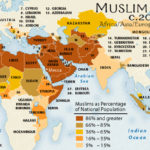
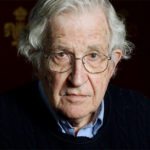
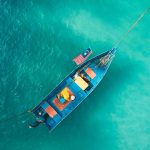
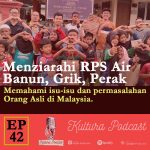
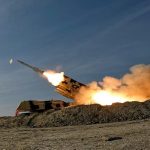
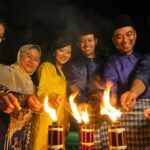
Leave a Reply